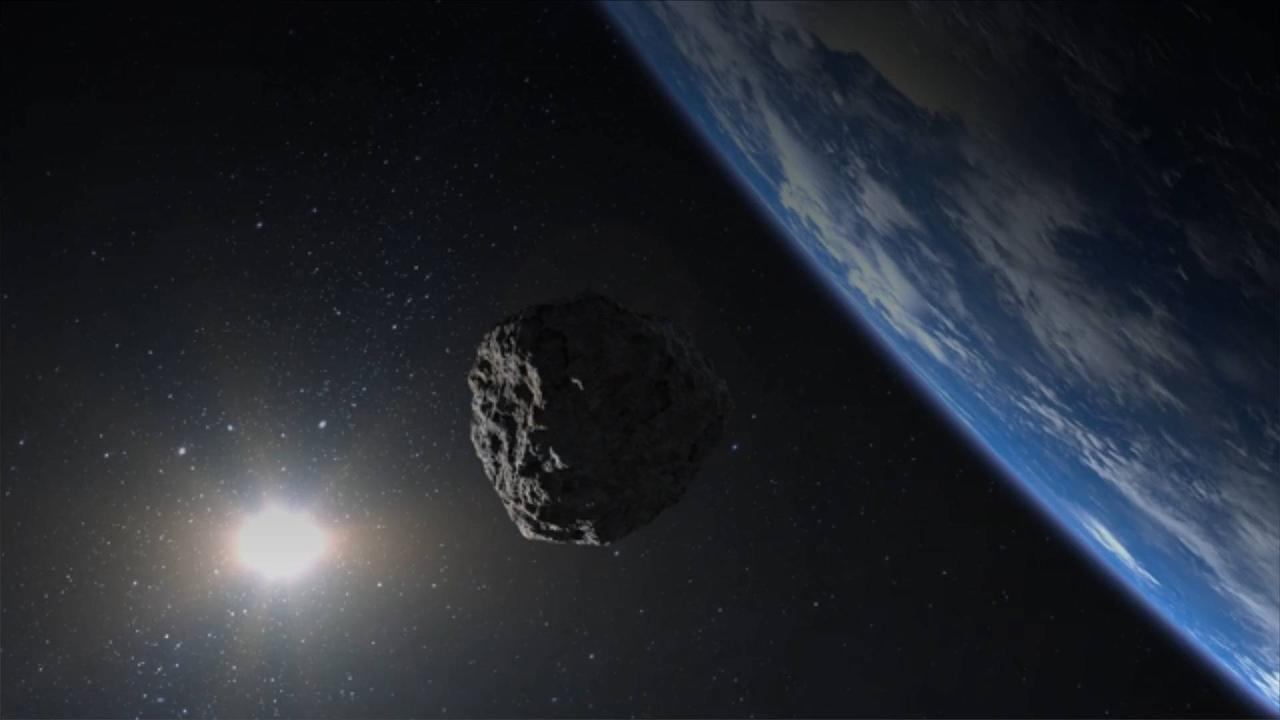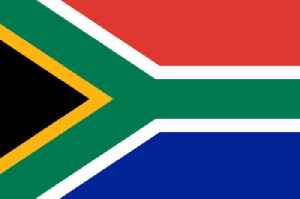Recently Spotted Asteroid Set for Near Miss With Earth

Recently Spotted Asteroid Set for Near Miss With Earth
Recently Spotted Asteroid, Set for Near Miss With Earth.
ABC reports that an asteroid is set to make a close pass by Earth this weekend.
Asteroid 2024 MK should be visible with the proper equipment and timing.
.
Asteroid 2024 MK should be visible with the proper equipment and timing.
.
The space rock will make its closest approach past Earth early on June 29, passing at just three-quarters of the distance between the Earth and the Moon.
The asteroid, which was first spotted two weeks ago by an observatory in South Africa, is estimated to be about 393 feet to 853 feet wide.
According to asteroid expert Davide Farnocchia, who works for NASA's Center for Near-Earth Object Studies, asteroids the size of 2024 MK only pass by about every 25 years.
We’re going to see a few of those during our lifetimes, but it’s not something that happens every other day, Davide Farnocchia, NASA Center for Near-Earth Object Studies, via ABC.
On June 27, a 7,579-foot asteroid just passed the Earth at a slightly greater distance and was only visible with professional telescopes.
The upcoming 2024 MK will be visible with a small telescope but will not be visible to the naked eye.
.
ABC reports that skywatchers in the Southern Hemisphere will have the best odds of spotting the asteroid.
The next major asteroid is set for April 13, 2029, when Apophis will pass Earth and be visible with the naked eye to viewers in Europe, Africa and Asia.


![Space science camps and astrophotography: How Qatar is shooting for the stars [Video]](https://video.newsserve.net/300/v/20250402/1406883564-Space-science-camps-and-astrophotography-How-Qatar-is.jpg)
![NASA Astronauts pay revealed after 9-month ordeal, Trump to host oval office meet [Video]](https://video.newsserve.net/300/v/20250321/1405765250-NASA-Astronauts-pay-revealed-after-month-ordeal.jpg)

![Ex-Cyclone Alfred : leaves trail of destruction in Australia –floods, blackouts, chaos on east coast [Video]](https://video.newsserve.net/300/v/20250309/1404607188-Ex-Cyclone-Alfred-leaves-trail-of-destruction.jpg)
![Australia Cyclone Alfred Update | Watch Shocking Video of Cyclone Ripping Off Parts Of A Building [Video]](https://video.newsserve.net/300/v/20250308/1404522236-Australia-Cyclone-Alfred-Update-Watch-Shocking-Video.jpg)
![Steve Smith's Retires: Steps Away from ODIs After Australia’s Loss to India in Champions Trophy [Video]](https://video.newsserve.net/300/v/20250305/1404217682-Steve-Smith-Retires-Steps-Away-from-ODIs.jpg)
![First openly gay Imam shot dead in South Africa [Video]](https://video.newsserve.net/300/v/20250218/1402604566-First-openly-gay-Imam-shot-dead-in-South.jpg)

![Spectators see partial solar eclipse from Observatory [Video]](https://video.newsserve.net/300/v/20250329/1406548406-Spectators-see-partial-solar-eclipse-from-Observatory.jpg)
![Firefly Aerospace's Blue Ghost lander successfully lands on the Moon [Video]](https://video.newsserve.net/300/v/20250302/1403973912-Firefly-Aerospace-Blue-Ghost-lander-successfully-lands.jpg)